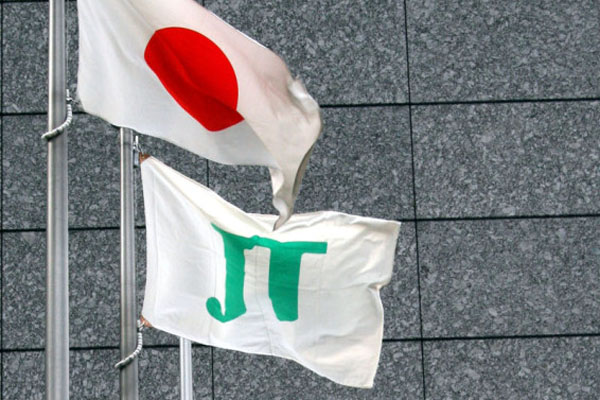Japan Tobacco Inc. said today that it had achieved, three years ahead of schedule the greenhouse gas (GHG) emissions reduction-target as set out in 2014 in the JT group Long-Term Environment Plan.
‘JT has continuously made progress towards the group’s target of reducing absolute GHG emissions … by 20 percent between 2009 and 2020 as part of its commitment to cut down its contribution to climate change,’ JT said in a note posted on its website.
‘In 2017, JT … exceeded this target by reducing its annual GHG emissions to 694 thousand tonnes compared to 880 thousand tonnes in 2009 – a 21.2 percent reduction.’
JT added that its efforts across the group had contributed to a decrease of GHG emissions on a global scale, while market contraction in the Japanese domestic tobacco business had contributed to the reduction. These outcomes had been achieved despite challenges linked to expanding operations in emerging markets and the restructuring of its manufacturing footprint in Europe.
JT said its efforts to achieve its 2020 emissions target included:
・ ‘Aligning our environmental management systems with relevant international standards ISO 14001 and ISO 50001 coupled with our JT Green System, a simplified environmental management system, developed for our smaller and less complex operations in Japan.
・ ‘Implementing the energy saving protocol with broad coverage from the manufacturing process to the office environment.
・ ‘Increasing the proportion of renewable energy use and reducing energy consumption across all operations.’
JT said it would ‘continue to develop its Long-Term Environment Plan including revised emission targets in line with science-based approaches, while taking into account the Paris Agreement on climate change’.
Fast-changing climate at JT











